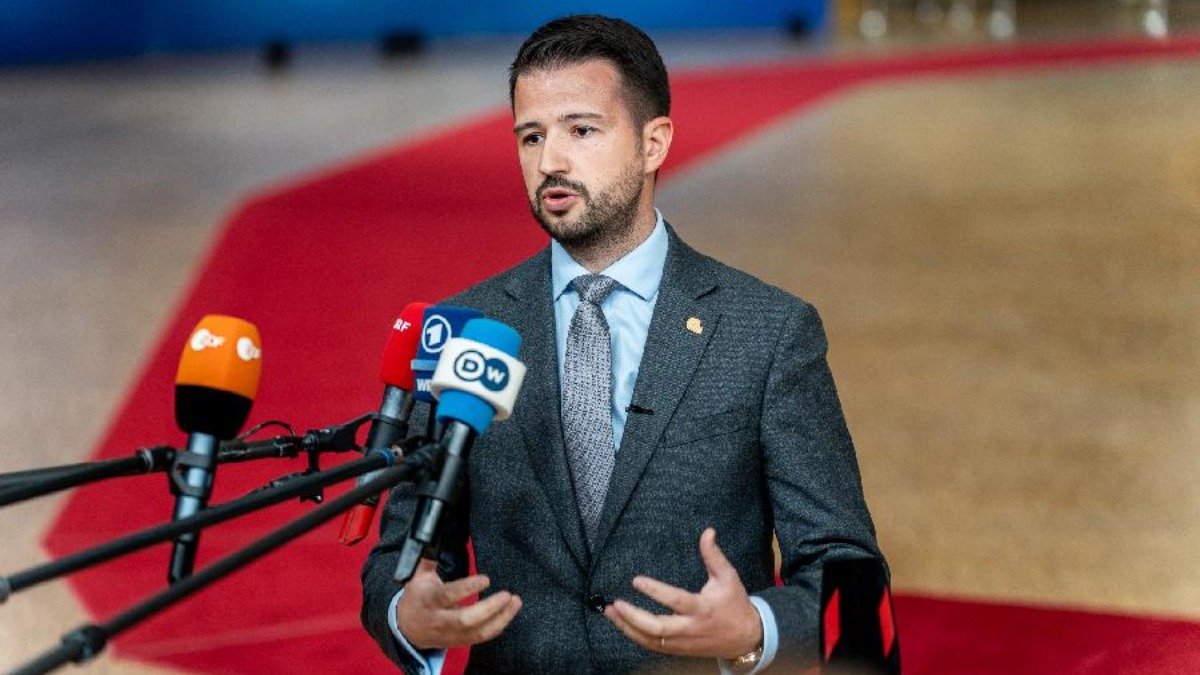President of Montenegro Jakov Milatovic signed a decree proclaiming the law confirming the cooperation agreement between the Government of Montenegro and the Government of the United Arab Emirates in the field of tourism and real estate development. The agreement was re-approved by the Montenegrin Parliament on June 3, despite criticisms that it is legally and politically harmful to the state. Milatovic expressed regret that MPs put citizens’ interests second and warned that the agreement suspends key domestic regulations, including those on public procurement, state property, and competition protection. Legal experts, civil society representatives, and the European Commission have raised concerns about possible non-transparent arrangements and long-term negative consequences for the country. Milatovic emphasized that those who voted for the adoption of the agreement will bear responsibility for its consequences and that he will continue to defend the constitutional order and public interest of Montenegro.
Political Perspectives:
Left: Left-leaning outlets emphasize the potential negative impact of the agreement on public interest, transparency, and legal norms. They highlight concerns raised by legal experts, civil society, and international bodies like the European Commission about the suspension of key domestic laws and the risk of non-transparent deals that could harm Montenegro’s sovereignty and democratic processes.
Center: Center-leaning sources report the facts of the agreement’s approval and the president’s signing, noting the political controversy and the legal concerns raised. They present a balanced view, acknowledging both the government’s intention to foster cooperation and development in tourism and real estate, and the criticisms regarding legal and constitutional issues.
Right: Right-leaning perspectives focus on the importance of economic development and international cooperation, particularly with the UAE, as a means to boost Montenegro’s tourism sector and real estate market. They may downplay the legal criticisms or frame them as political opposition tactics, emphasizing the government’s efforts to attract foreign investment and promote growth.





